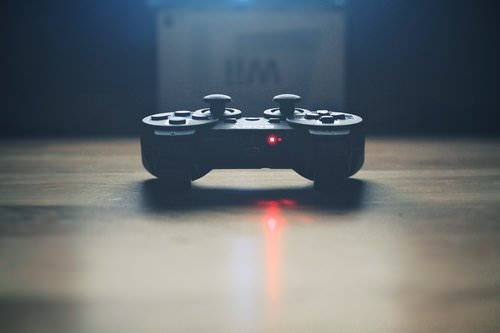You may’ve heard of Fortnite – a free online game, made by Epic Games, where your character, along with up to 100 others, is dropped onto a deserted island to battle the elements, and each other, to win. It’s a bit like a gamer version of the Hunger Games or Battle Royale, with over 40 million players. In February, it broke a world record, with 3.4 million people playing at once. It’s free to play, and players can buy items to purchase their game – reaping an estimated $300m a month.
But now, Epic Games’ rival, PlayersUnknowns Battlegrounds (PUBG), who released a similar ‘last man standing game’ a few months before Fortnite, is taking it to court in South Korea. It’s attempting an injunction, claiming that Epic Games copied its user interface and in-game items.
Copyright infringement is often difficult to prove in the video game industry, where competing developers often produce similar games. It’s not possible to copyright a genre or idea, so this case won’t turn on how similar Fortnite is to PUBG – but whether Epic Games has taken PUBG artwork or underlying source code. In the lawsuit, PUBG states that it’s concerned Fortnite is ‘replicating the experience’ – suggesting it’s the idea it’s attempting to protect. If so, its case is likely to fail.
PUBG’s creator, Brendan Greene, has recently called for stricter intellectual property protections in the gaming industry, stating, ‘you’re protecting the work of artists basically. Games are art for a large part, and so I think it’s important they’re protected. I want this genre of games to grow. For that to happen, you need new and interesting spins on the game mode. If it’s just copycats down the line, then the genre doesn’t grow, and people get bored.’



